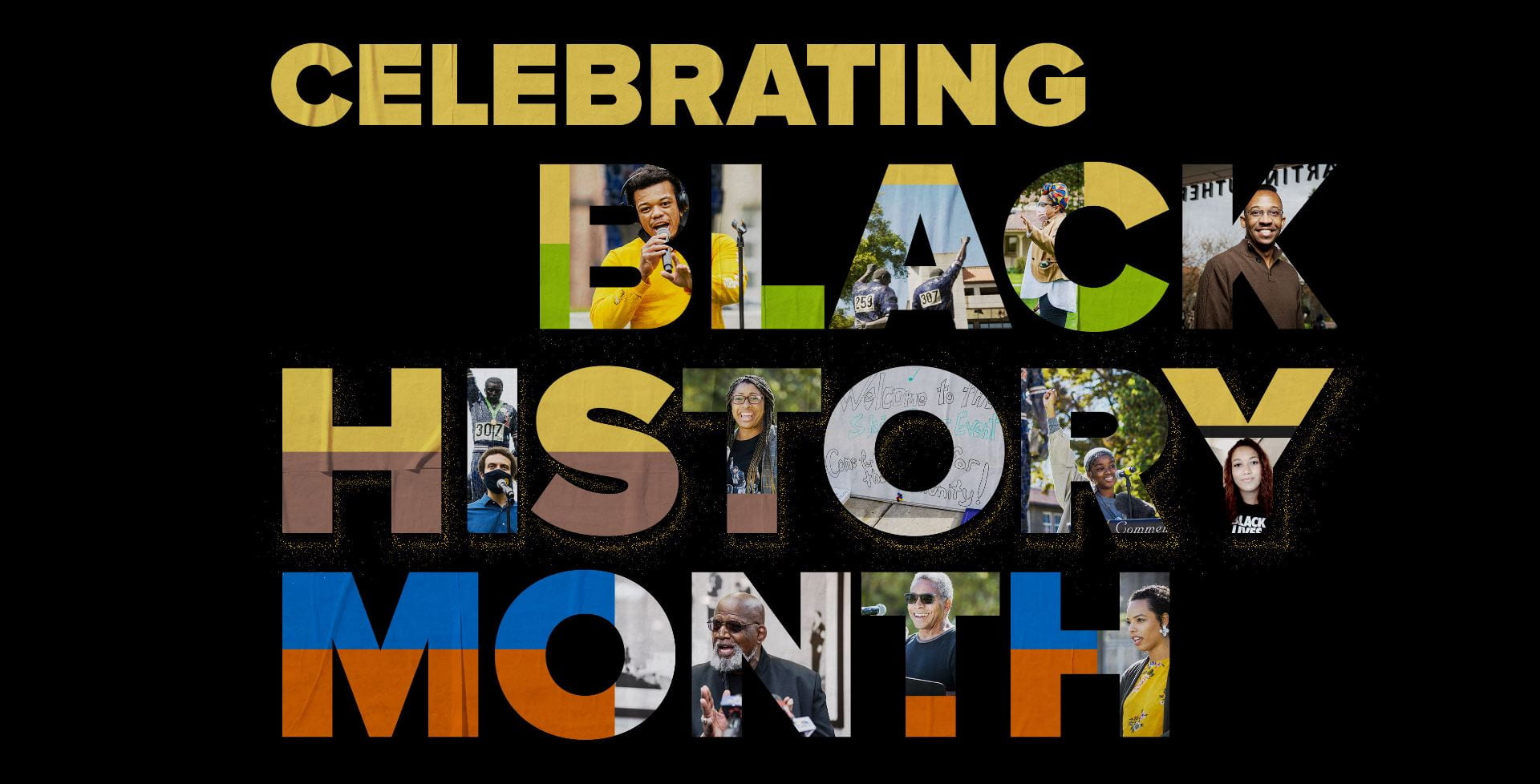How to Contextualize Black History (Month): A Q&A With Travis Boyce

Black History Month was originally conceived as Negro History Week in 1926 by American historian and journalist Carter Woodson. Woodson also founded the Association for the Study of African American Life and History (ASALH), the first professional association recognizing Black history, in the early 20th century.
Nearly a century later, San José State will host a series of events recognizing Black History Month in February. Boyce, a historian, scholar and author of “Historicizing Fear: Ignorance, Vilification, and Othering” (University Press of Colorado 2020), offered insights on Black history and the importance of honoring it.
The following interview has been edited for length and clarity.
Why does Black History Month matter?
Travis Boyce (TB): In 2022, Black History Month is more important than ever since its founding in 1926; a time where this country was at its lowest point (or nadir) in race relations. It was a period of racial violence, voter suppression, revisionist history for the benefit of preserving white domination and vilification of Blacks through social, political movements as well as popular culture.
Black history at its core counters and debunks these claims. I believe, today, there is a swift return to these Jim Crow era practices, most notably through the anti–critical race theory hysteria that is designed to suppress the teaching of race through history and social studies in schools — and most importantly, undermine Black history and American democracy.
While the theme for this year’s Black History Month is Health and Wellness, I feel Black History Month 2022 should be a strong reminder to our country of what is at stake: an accurate version of American history and democracy.
How is SJSU honoring Black History Month this year?
TB: Since ASALH’s theme for Black History Month this year is Black health and wellness, the Department of African American Studies is collaborating with the Spartan Recreation and Aquatic Center (SRAC) and the Institute for the Study of Sport, Society and Social Change (ISSSSC) to host a 5K race on Saturday, Feb. 26.
The Department of African American Studies will also host a virtual book talk featuring Keith Wailoo, the Henry Putnam University Professor of History and Public Affairs at Princeton University. He will discuss his recently published book, Pushing Cool: Big Tobacco, Racial Marketing, and the Untold Story of the Menthol Cigarette (University of Chicago Press 2021).
Lastly, I commend Emerald Green, director of the Black Leadership and Opportunity Center (BLOC) and Christopher Yang, director of the MOSAIC Cross Cultural Center, for their leadership in organizing an array of events as part of the Black History Month campus events. These events will be hosted by various campus offices and organizations that include panel discussions, film screenings and speakers, among others.
What can students get from an African American studies course at SJSU?
TB: That’s a great question! I want to note that students at SJSU have an opportunity to take at least three African American Studies courses during their matriculation at SJSU, all while fulfilling their general education requirements. This includes AFAM 2A and 2B, our two-part survey of African American history courses. With these, students can fulfill their Area D + US123: Social Sciences and American Institutions requirements, as well as another topical course (i.e. hip-hop survey course, civil right movement, sports and activism, humanities, etc.) under the recently established Area F – Ethnic Studies requirement (where we offer five courses).
At the disciplinary level, students who take African American Studies courses (particularly AFAM 2A and 2B) leave with a solid understanding of the role that African Americans have played in the development of American society.
For example, students who take AFAM 2A (a course that explores the African American experience from the pre-Columbian era through the American Civil War) will learn about the three driving forces that have shaped our nation to how it is today. First, the U.S Constitution and its contradictions; second, the westward expansion; and third, the politics surrounding the institution of chattel slavery. These three factors set a precedent of issues that we continue to grapple with in 2022.
Our courses are interdisciplinary and transdisciplinary. Thus students can apply their knowledge from their courses back into their respective fields such as marketing and business, STEM, education and the humanities and arts.
Given SJSU’s legacy of social activism, why do you think we are uniquely positioned to promote dialogue, research and activities reflecting Black history?
TB: Indeed, we are well positioned to promote dialogue, research, and activities reflecting Black history. I commend SJSU, specifically Provost Vincent Del Casino, Jr., and the College of Social Sciences’ Dean Walt Jacobs for advocating and investing in growing the Department of African American Studies.
The department is home to four tenured/tenure track faculty members as well as many lecturers. SJSU also has faculty in other departments and colleges whose research centers on Black Studies. Lastly, we have our connection with the Human Rights Institute, the Ethnic Studies Collaborative and the ISSSSC. They are doing great work in these areas to benefit the knowledge of our students.





